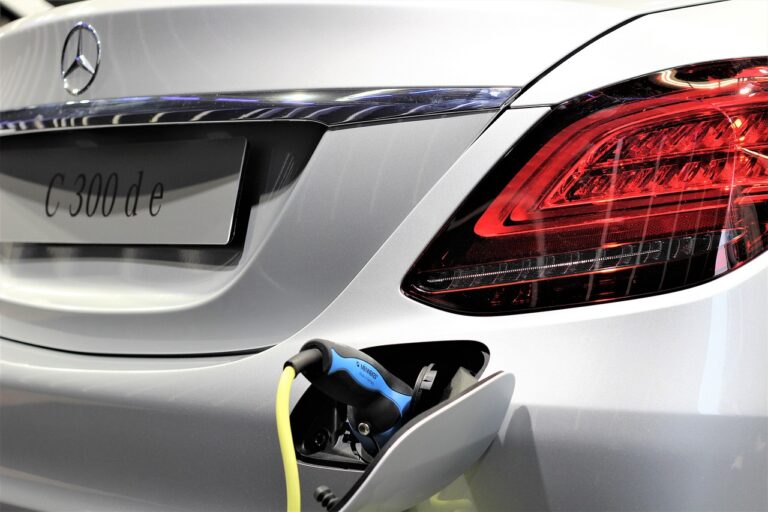The Future of Electric Vehicles: Trends and Innovations: Betbhai9 whatsapp number, Radhe exchange register, My99 exch
betbhai9 whatsapp number, radhe exchange register, my99 exch: Electric vehicles (EVs) have become increasingly popular in recent years as more and more people are looking for environmentally-friendly alternatives to traditional gasoline-powered vehicles. With advancements in technology and a greater focus on sustainability, the future of electric vehicles holds a lot of promise. In this article, we will explore some of the trends and innovations that are shaping the future of electric vehicles.
Charging Infrastructure
One of the biggest challenges facing the widespread adoption of electric vehicles is the availability of charging infrastructure. However, companies and governments are working together to address this issue by investing in the development of a more robust charging network. This includes installing charging stations in urban areas, along highways, and at workplaces to make it more convenient for EV owners to charge their vehicles.
Battery Technology
Battery technology is a critical aspect of electric vehicles, as it determines the vehicle’s range, charging time, and overall performance. Innovations in battery technology, such as the development of solid-state batteries and improved lithium-ion batteries, are helping to address some of the limitations of current EV batteries. These advancements are expected to increase the range of electric vehicles and reduce charging times, making them more practical for everyday use.
Autonomous Driving
Autonomous driving technology is another area that is shaping the future of electric vehicles. Self-driving capabilities can enhance the overall driving experience and make EVs more attractive to consumers. Companies like Tesla and Google’s Waymo are leading the way in developing autonomous driving technology for electric vehicles, with the goal of making driving safer and more efficient.
Vehicle-to-Grid Technology
Vehicle-to-grid (V2G) technology is an innovative concept that allows electric vehicles to not only receive power from the grid but also to send power back to the grid when needed. This two-way flow of electricity can help stabilize the grid during peak demand periods and reduce the strain on the electrical system. V2G technology has the potential to revolutionize the way we think about energy consumption and distribution, making electric vehicles an integral part of a smart grid system.
Sustainable Materials
In addition to the technology inside electric vehicles, there is a growing focus on the materials used to manufacture them. Sustainable materials, such as recycled plastics, bamboo fibers, and bio-based composites, are being increasingly used in the production of electric vehicles. These materials help reduce the environmental impact of manufacturing and make EVs more eco-friendly from the ground up.
Integration with Renewable Energy
Another trend in the future of electric vehicles is their integration with renewable energy sources, such as solar and wind power. By charging electric vehicles with clean energy from renewable sources, we can further reduce our dependence on fossil fuels and lower the overall carbon footprint of transportation. Companies are exploring ways to combine EV charging infrastructure with solar panels and energy storage systems to create a more sustainable and efficient charging ecosystem.
Conclusion
The future of electric vehicles is bright, with advancements in technology and a growing emphasis on sustainability driving innovation in the industry. From improvements in charging infrastructure and battery technology to the development of autonomous driving capabilities and vehicle-to-grid technology, electric vehicles are poised to play a crucial role in the transition to a cleaner and greener transportation system.
FAQs
Q: Are electric vehicles more expensive than traditional gasoline-powered vehicles?
A: While electric vehicles tend to have a higher upfront cost, they can be more cost-effective in the long run due to lower operating costs and potential incentives such as tax credits and rebates.
Q: What is the range of most electric vehicles?
A: The range of electric vehicles varies depending on the model and battery size, but many modern EVs can travel over 200 miles on a single charge.
Q: How long does it take to charge an electric vehicle?
A: Charging times for electric vehicles can vary depending on the battery size and charging capability, but fast-charging stations can typically charge a vehicle to 80% in around 30 minutes.
Q: Can electric vehicles be charged at home?
A: Yes, many electric vehicles can be charged at home using a standard electrical outlet or a dedicated home charging station for faster charging speeds.







